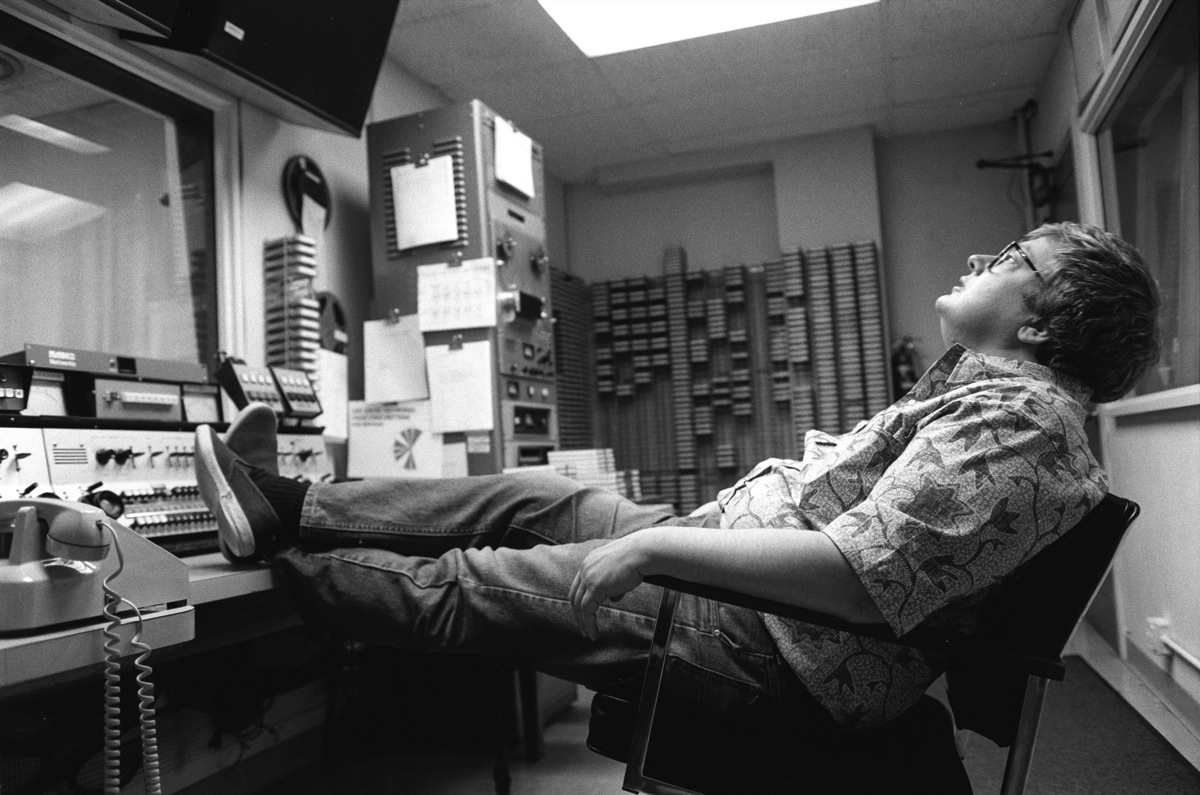The only thing Roger Ebert loved more than movies and his wife, Chaz, was life itself. Growing up in North America, it is extremely difficult to have not heard of the famed critic. In the ‘90s, Siskel and Ebert’s “thumbs up” gimmick was everywhere, a cash cow that brought critiquing into the mainstream. Both men, and Ebert in particular, have been an undeniable influence; before I write my own reviews, I look at Ebert’s first. Though often I find myself disagreeing with his reviews, I still respect the man very much. Life Itself recounts the surprising and entertaining life of the world-renowned film critic and social commentator—a story that’s personal, wistful, funny, painful, and transcendent. The film explores the impact and legacy of Ebert’s life: from his Pulitzer Prize-winning film criticism to his long battle with cancer. Though the picture spends a decent amount of time dissecting his professional life, I would argue that the meat of Life Itself is the exploration of his personal life. Director Steve James shows a very human side of Ebert that the world has rarely seen. Here we see America’s darling critic at his most vulnerable; stuck in a wheelchair, ready to die at any given moment. A good chunk of the documentary takes place in a hospital, where we are shown graphic details of Ebert’s physical condition, previously withheld from public view. Despite his intense pain, Ebert smiles and remains hopeful. He writes to forget his troubles and drive himself forward. It is a great meditation on the human spirit. Of course Ebert is only human, and thus is subject to the darkest realms of the soul. At times, only his wife Chaz can bring him back; she is most certainly his rock. When he gives her a note that says “kill me”, she refuses. When he chooses not to painfully climb a set of stairs, she pushes him to do it. There is mental suffering as well. Chaz breaks down and cries in front of the camera. She wants to be there for Roger and be a great wife, but it’s incredibly stressful and difficult. Their love is a test of mental strength and fortitude, but they push forth. Unlike most documentaries, the subject isn’t shown as infallible in his profession. Indeed, some feel like Siskel and Ebert: At the Movies, and the many variations of it, turned the serious art of film criticism into a joke. No movie can be simply good (thumbs up) or bad (thumbs down), as for the most part they incredibly complex. Ebert was not without rivals; every film critic in America, including Gene Siskel, was competing for his spot. In conclusion, while the film is less successful when discussing Roger Ebert as a critic, I cannot deny that it is remarkably engaging. The director does not strive for cheesy sentimentality and does not ask us to worship this man; rather, he asks us to see Ebert for what he really is; a human.
Can’t get enough?
The Martlet on Instagram
Tags
Recent Posts
} February 26, 2026
UVic senator pushes for more inclusive language in academic awards
} February 26, 2026
It’s not ‘just pixels’: X has become a weapon against women
@TheMartlet
Courier
The Martlet
Student Union Building
Room B011
University of Victoria
3700 Finnerty Road
Victoria, B.C.
V8W 5C2








